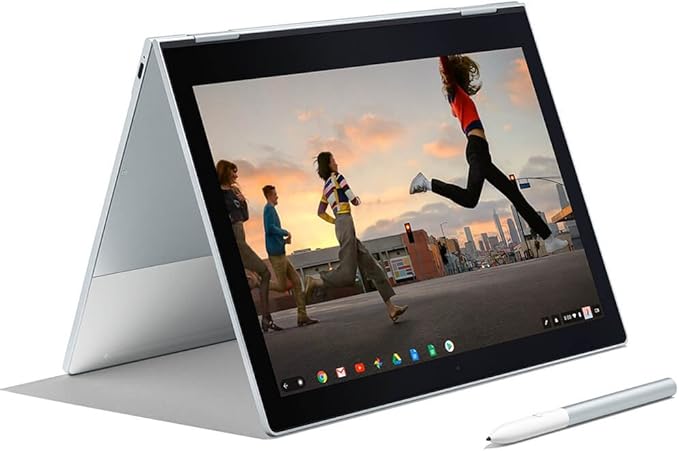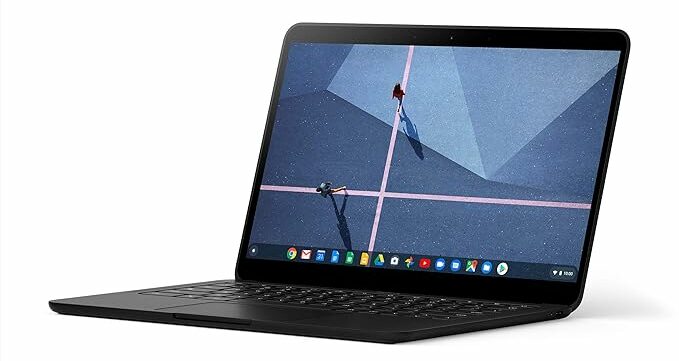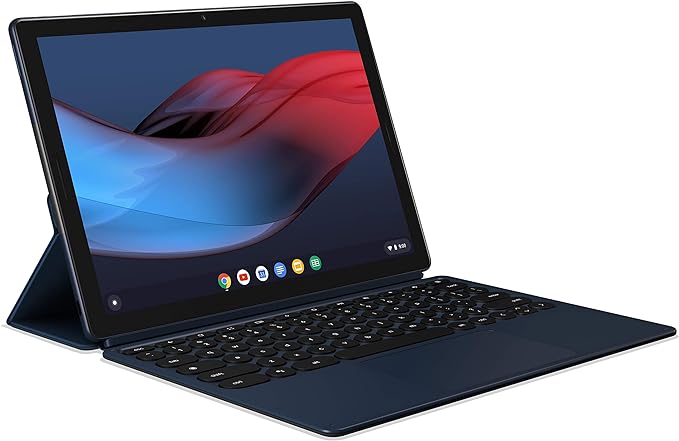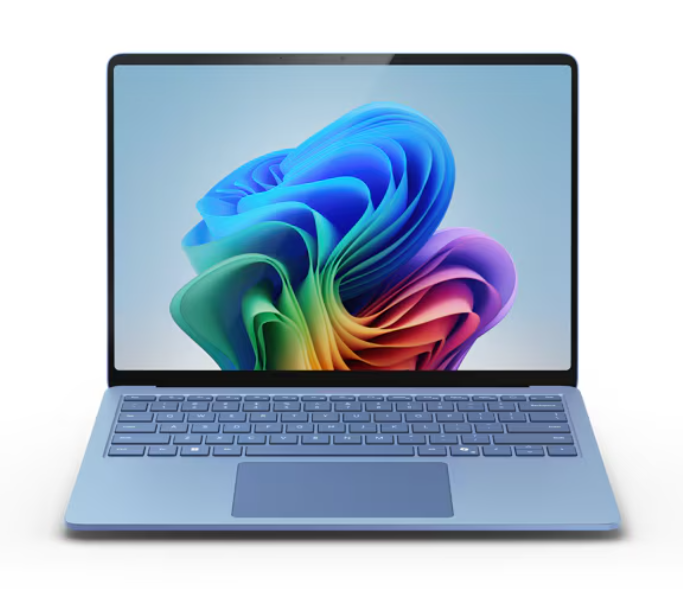- Premium Chromebooks have struggled to compete with advanced Windows and Mac systems.
- Challenges include limited software support, reliability issues, and lack of innovation.
- Significant improvements in hardware, software, and overall value are needed to justify their place in the market.
As someone who has always been intrigued by Chromebooks’ potential, I’ve followed their evolution with a mix of hope and frustration. Chromebooks could be the perfect choice for anyone seeking lightweight, efficient machines that provide a streamlined computing experience.
But recently, I’ve noticed a growing disconnect between the expectations for premium Chromebooks and their performance in a rapidly evolving tech landscape. Here’s why I think premium Chromebooks are struggling to keep up.
A Stumble In The Premium Market
When I think about premium Chromebooks, I remember the excitement surrounding the Google Pixelbook. Launched in 2017, it was an ambitious attempt to redefine what a Chromebook could be.

With its sleek design and impressive specs, it certainly stood out. However, with a hefty $999 price tag, comparable to laptops like the Microsoft Surface Laptop, many users questioned whether the cost was justified. As a result, it felt more like a bold experiment than a definitive new direction for Chromebooks.
Fast-forward to now, and I see that Google’s follow-up models, like the Pixel Slate and the Pixelbook Go, haven’t quite managed to capture the same excitement among users. They express that while the Google Pixelbook Go has great features, its high price doesn’t justify its limited capabilities.
Software Longevity: A Major Concern
One of the most significant issues with Chromebooks, especially for educational institutions, is their limited software lifespan. Chromebooks are typically designed with expiration dates for software updates, after which they stop receiving critical updates, leaving them vulnerable to security risks.

Many users report lower-end Chromebooks tend to have a lifespan of about 3 years, though this can vary. This forced obsolescence often renders devices unusable prematurely, leading to unnecessary replacements and waste.
The U.S. Public Interest Research Group (U.S. PIRG) pointed out that extending the software support could save millions of dollars and significantly reduce environmental impact.
Recently, Google extended the automatic update expiration (AUE) date for Chromebooks to 10 years from the release date. This applies to devices released from 2021 onward and retroactively adds 1 to 3 years to existing models.
While this extension improves lifespan and trade-in value, premium Chromebook models may still appear less forward-thinking, as their benefits are overshadowed by the limitations in the overall Chromebook ecosystem.
User Experience And Reliability Issues
Reliability is a key factor. I’ve seen users experience app crashes on Chromebooks like Pixelbooks, which frustrates anyone who relies on their Chromebook for different tasks.

Such issues undermine the reliability that premium devices should offer. While Chromebooks are known for their simplicity and low cost of older models, premium models are expected to deliver higher performance and stability.
Unfortunately, when users encounter these problems, it detracts from the value proposition of investing in a premium Chromebook.
The Rise Of Competitors
The game has changed significantly with the advent of new players in the market. Microsoft’s AI PCs, like Copilot+ laptops, powered by Qualcomm’s Snapdragon X, have raised the bar for efficiency and performance in Windows laptops.

It’s not just about the hardware; the software ecosystem plays a significant role, too. The seamless integration of Windows with Microsoft’s productivity suite has created formidable competition.
Meanwhile, the robust performance of Apple’s MacBook Air with Apple Silicon adds to the challenge. Apple’s new iPad Pro, powered by the M4 chip, also achieved record-breaking Geekbench performance, particularly in single-core tests.
Both ecosystems present compelling alternatives to Chrome OS, making it challenging for premium Chromebooks to justify their market position. This leaves us questioning whether Chromebooks can compete effectively.
Looking Ahead: A Call For Innovation
While I believe some Chromebooks will still be worth purchasing in 2024. However, premium Chromebooks clearly face significant challenges. Addressing these issues will require a concerted effort to innovate and differentiate in a competitive market.
To succeed, they must compete effectively with Windows and Mac systems, offering unique features, superior performance, or long-term support. Until then, the premium Chromebook remains a promising but underachieving segment in the tech world.
Thank you! Please share your positive feedback. 🔋
How could we improve this post? Please Help us. 😔
[CPU Coolers & RAM Expert]
Hayyan Serwer is a tech enthusiast, with a love for PC building and article writing. Hayyan specializes in writing about CPU coolers and RAM kits. Hayyan has been familiar with the tech industry for over half a decade now, and has now stepped into providing quality reviews for the latest and greatest tech.
Get In Touch: hayyan@tech4gamers.com




